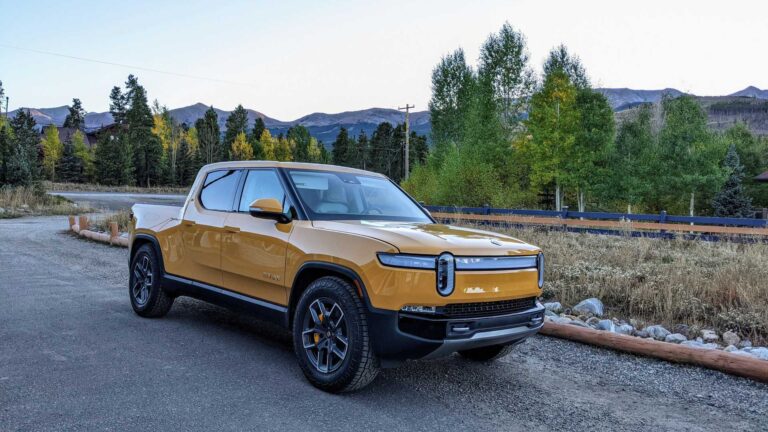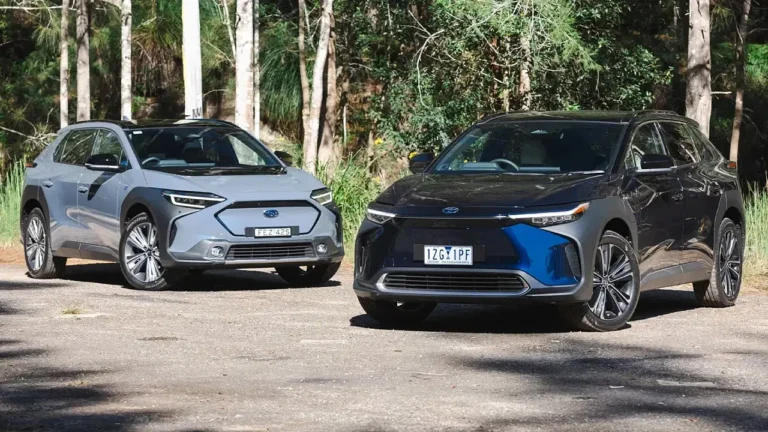In July 2024, General Motors (GM) thrilled sports car enthusiasts by unveiling what may be the most aggressive version of its flagship performance car yet: the Chevrolet Corvette ZR1.
Carrying the legendary ZR1 badge—reserved for Chevrolet’s highest-performing models—this latest iteration of the Corvette is nothing short of mind-blowing.
According to Chevrolet, the 2025 ZR1 is the fastest Corvette ever built. Beneath its hood sits a 5.5-liter twin-turbocharged V8 engine churning out an astonishing 1,064 horsepower. With this level of power, the supercar rockets from 0 to 60 mph in just 2.3 seconds and boasts a top speed of 215 mph.
Given the hype surrounding this high-performance beast, demand is expected to be sky-high among adrenaline seekers and deep-pocketed collectors alike. With a price tag nearing $175,000, GM is implementing strict measures to ensure that buyers meet its criteria for ownership.
GM Warns Corvette ZR1 Owners: No Flipping Allowed
Corvette dealer and enthusiast Rick Conti recently shared a new GM directive in a video on his YouTube channel. The Chevrolet brand has begun sending letters to buyers of high-powered Corvette models—including the hybrid E-Ray, Z06, and the all-new ZR1—urging them to keep their vehicles rather than reselling them on the secondary market.

The letter emphasizes that Chevrolet wants its exclusive customers to experience these vehicles through its dealership network, ensuring they receive the “superior Chevrolet experience” rather than allowing speculators to profit from flipping them.
As outlined in the policy, owners of the Corvette E-Ray and Z06 must retain their vehicles for at least six months, while those who purchase the ZR1 face an even stricter rule—they are prohibited from selling their car for a full year after taking delivery.
Consequences for Breaking the Rules
Although these guidelines aren’t legally binding, Chevrolet is making it clear that there will be consequences for those who ignore them. Owners who violate the retention policy risk losing the ability to place reservations or custom orders for future high-demand Chevrolet models—including upcoming Corvette variants.
Additionally, the policy extends repercussions to second-hand buyers. According to Chevrolet, anyone who purchases a flipped Corvette E-Ray, Z06, or ZR1 will have their vehicle’s bumper-to-bumper, sheet metal, and powertrain warranties voided—leaving them solely responsible for any potential repairs.
Other Automakers Have Implemented Similar Policies
GM’s approach to curbing Corvette flipping follows a precedent it set with the launch of the 2022 Corvette Z06, when it initially asked buyers to hold onto their vehicles for at least a year. Those who sold their cars prematurely risked losing the privilege of ordering another high-demand Chevrolet, while second owners were left without factory warranty coverage.
Other automakers have taken even more extreme measures.

In 2017, Ford introduced a strict no-sell clause in its purchase agreements for the ultra-exclusive Ford GT supercar, mandating a two-year ownership period before resale. WWE superstar John Cena famously found himself in legal trouble after selling his Ford GT just months after acquiring it. Ford sued him for violating the agreement, though the case was ultimately settled out of court.
Tesla has also adopted strict policies regarding vehicle resales. When the Cybertruck debuted in November 2023, Tesla required buyers to agree not to sell their trucks within a year of taking delivery. The contract explicitly warned that owners who attempted to sell their Cybertruck could face legal action.
“You agree that in the event you breach this provision, or Tesla has reasonable belief that you are about to breach this provision, Tesla may seek injunctive relief to prevent the transfer of title of the vehicle or demand liquidated damages from you in the amount of $50,000 or the value received as consideration for the sale or transfer, whichever is greater,” the clause states. Additionally, Tesla reserves the right to blacklist violators from purchasing future vehicles.
The Bottom Line
As demand for high-performance vehicles continues to surge, manufacturers like GM, Ford, and Tesla are cracking down on resellers to protect their brand integrity and loyal customer base. With strict retention policies in place, prospective buyers of the 2025 Chevrolet Corvette ZR1 will need to be in it for the long haul—or risk facing serious consequences.



